The strawberry is a true standout among Japanese fruits. The Amaou strawberry is one of the many varieties that shines because of its impressive qualities. This high-end brand from Fukuoka Prefecture is famous all over Japan. People love its large size, bright red color, and extremely sweet taste.
This article is your complete guide to the king of strawberries. We will discuss the basics of the Hakata Amaou, its unique history, and how it differs from other popular varieties. We will also introduce you to the best restaurants in Tokyo where you can taste this extraordinary fruit and show you how to pick the finest ones.
What is the Hakata Amaou Strawberry?
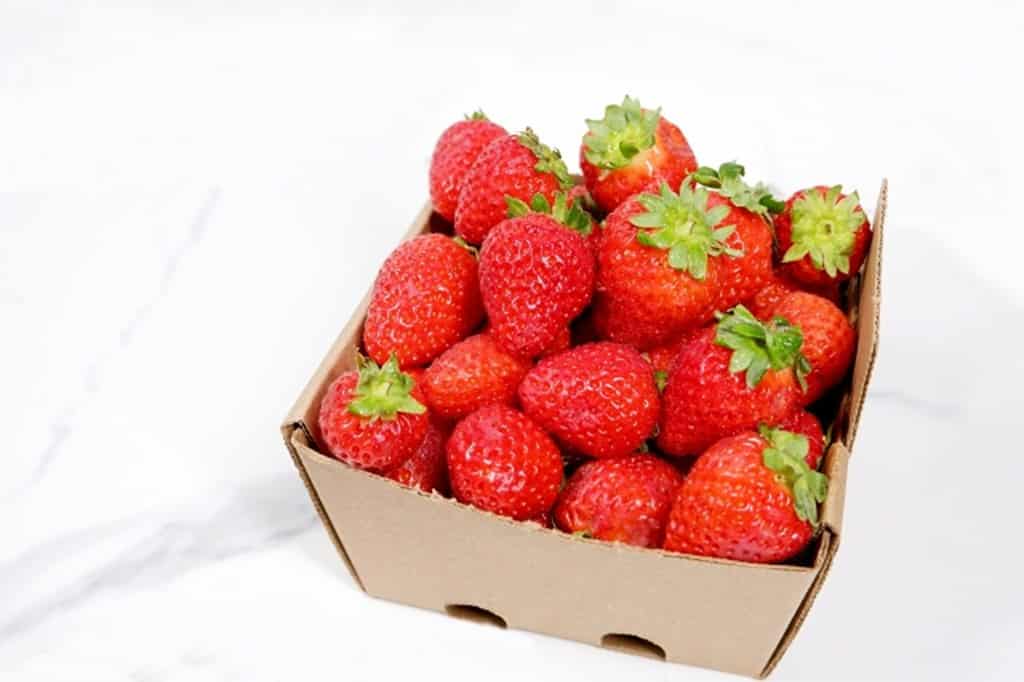
The Amaou is a luxury strawberry brand that only grows in Fukuoka Prefecture, Japan. Its name comes from four Japanese words: Akai (red), Marui (round), Okii (large), and Umai (delicious). These words describe the fruit perfectly.
The berries are a bright, deep red and have a cute, rounded shape. Each berry is quite large, averaging over 20 grams, with some exceeding 50 grams. The Amaou strawberry is also very sweet, with a sugar content of over 11 degrees Brix. A slight acidity balances the sweetness, creating a rich and memorable flavor. Their peak season is from December to May, but they taste sweetest in the cold months of January and February.
The Defining Features of the Amaou Strawberry
The Amaou is loved for its outstanding taste and appearance. Its most notable feature is its size. The berries are significantly larger than other varieties, making each one a satisfying treat. The skin is a glossy, brilliant red, and the flesh is also red all the way through. This beautiful look makes the Hakata Amaou a popular choice for gifts.
The texture is firm but not hard. Each bite delivers a burst of juice. The strawberry has a rich, sweet aroma that is delightful even before you taste it. Like all strawberries, the Amaou is also an excellent source of Vitamin C.
The History and Origin of the Amaou
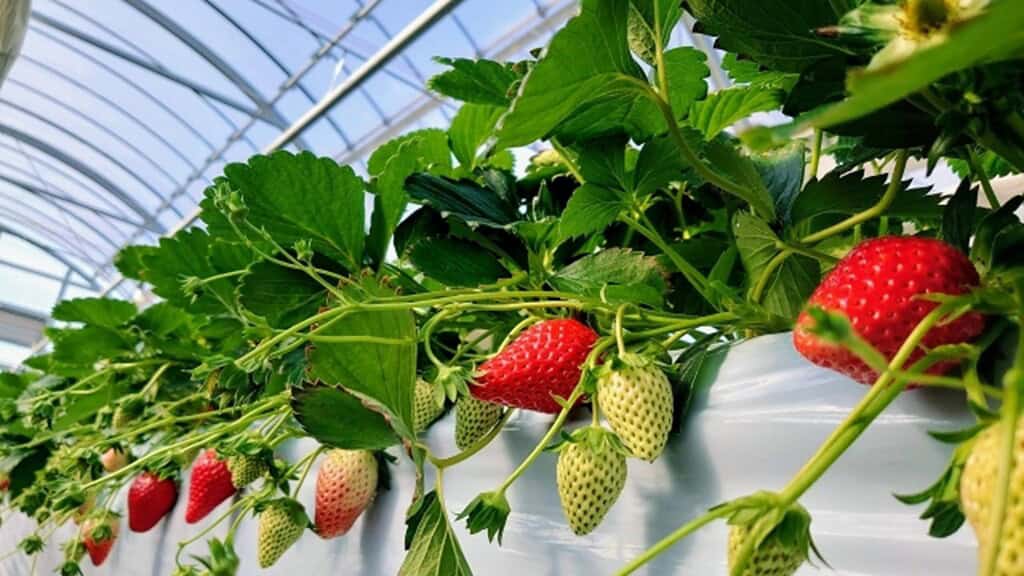
The Amaou strawberry didn’t just appear out of nowhere. It is the result of years of hard work and passion from developers in Fukuoka. The story began in 1996 when the region’s main strawberry variety was the “Toyonoka.” While Toyonoka was delicious, it had some drawbacks. The berries were often pale and smaller than ideal.
To overcome these challenges, the Fukuoka Prefecture Agricultural Research Center set out with one ambitious goal: to create Japan’s ultimate strawberry. It had to be big, beautifully red, and taste incredible. With that vision in mind, researchers began crossbreeding two varieties, “Kurume 53” and “92-46.” Over the next six years, they nurtured and tested countless plants, carefully selecting only the best ones.
Their perseverance finally paid off when they produced a new variety known as “Fukuoka S6.” It had everything they were aiming for: size, color, and flavor. This variety would later be called the Amaou. In 2003, the name “Amaou” was chosen through a public contest. Thanks to its catchy name and outstanding quality, it quickly captured hearts across Japan.
Today, the Amaou stands as a symbol of Fukuoka’s dedication and craftsmanship. It is a strawberry born from vision, patience, and a love for perfection.
How Amaou Compares to Other Strawberries
Tochiotome
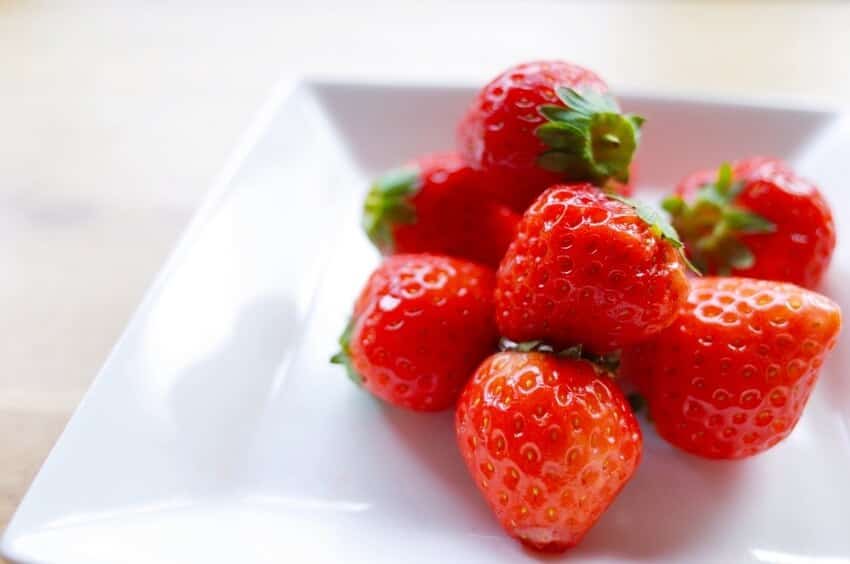
The Tochi otome strawberry is from Tochigi Prefecture and is the most widely produced variety in Japan. It is slightly smaller than the Amaou and has a classic cone shape. It has a great balance of sweetness and acidity. Its flavor is more refreshing and juicy, while the Amaou offers a deeper, richer sweetness. The flesh of the Tochi otome is also a bit softer.
Awayuki
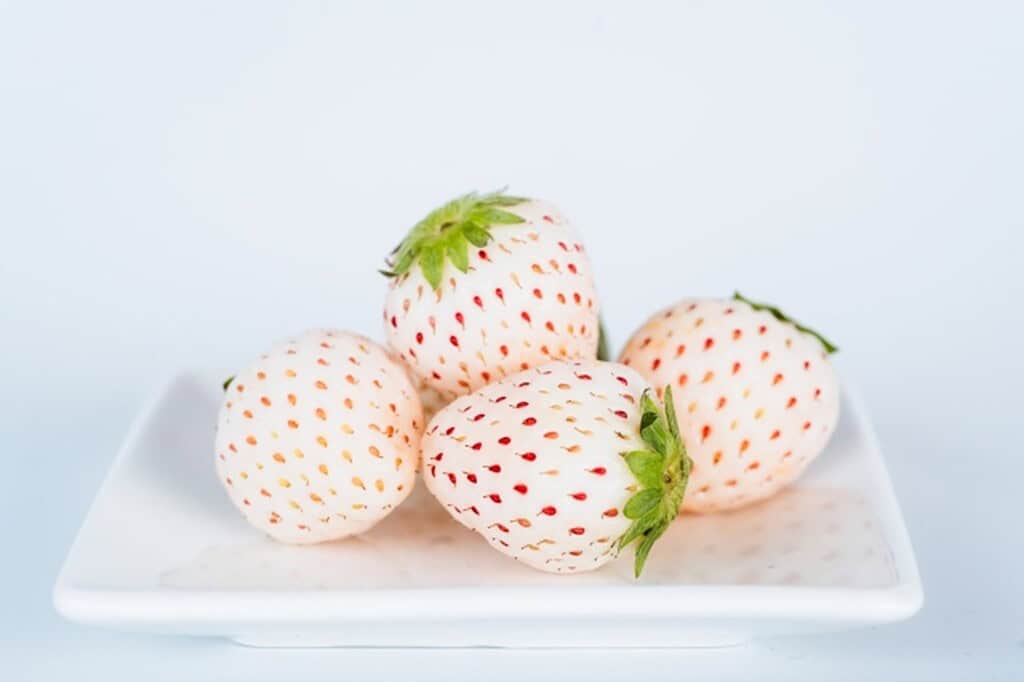
The Awayuki is a “white strawberry” known for its pale, pinkish-white color. Unlike ordinary strawberries, it is a rare and beautiful fruit, often given as a luxury gift. In terms of flavor, it is very unique. Because it has almost no acidity, it offers a mild and gentle sweetness. Furthermore, many people notice a distinctive aroma, similar to that of a peach or coconut. Overall, its delicate taste provides a striking contrast to the bold, powerful flavor of the red Amaou strawberry.
Where Are the Best Amaou Strawberries From?
This question has a simple answer. To begin with, Amaou is a registered trademark. Its cultivation is exclusive to Fukuoka Prefecture. Therefore, every authentic Amaou strawberry is grown in Fukuoka. As a result, the brand’s quality is kept at a consistently high standard across the region. In particular, key growing areas include Yame, Chikugo, and Okawa.
To find the best Amaou, look for these signs:
- The green caps (calyx) should be fresh and pointing up.
- The skin should be glossy and uniformly deep red.
- The berry should feel firm and heavy for its size. This indicates it is full of juice.
3 Top Tokyo Restaurants to Enjoy Amaou Strawberries
During peak season, many Tokyo restaurants and cafes feature desserts made with fresh Amaou. Here are three exceptional places to try them.
Hotel New Otani Tokyo “Garden Lounge”

The “Super Sweets Buffet” at this hotel is a legendary event for dessert lovers. During strawberry season, the buffet becomes a paradise of Amaou creations. You can enjoy everything from the famous “Super Amaou Shortcake” to tarts, pies, and jellies. You can even sample and compare fresh Amaou berries. It is a luxurious experience in an elegant setting overlooking a traditional Japanese garden.
Shiseido Parlour Ginza Salon de Café

This historic parlour, founded in 1902, is famous for its artistic fruit parfaits. The “Special Amaou Strawberry Parfait,” available only in season, is a true work of art. It features perfectly placed, large Amaou berries, homemade strawberry sorbet, rich vanilla ice cream, and traditional sauces. Served in the elegant atmosphere of Ginza, it is a perfectly balanced masterpiece.
The Strings by InterContinental Tokyo “Melodia”
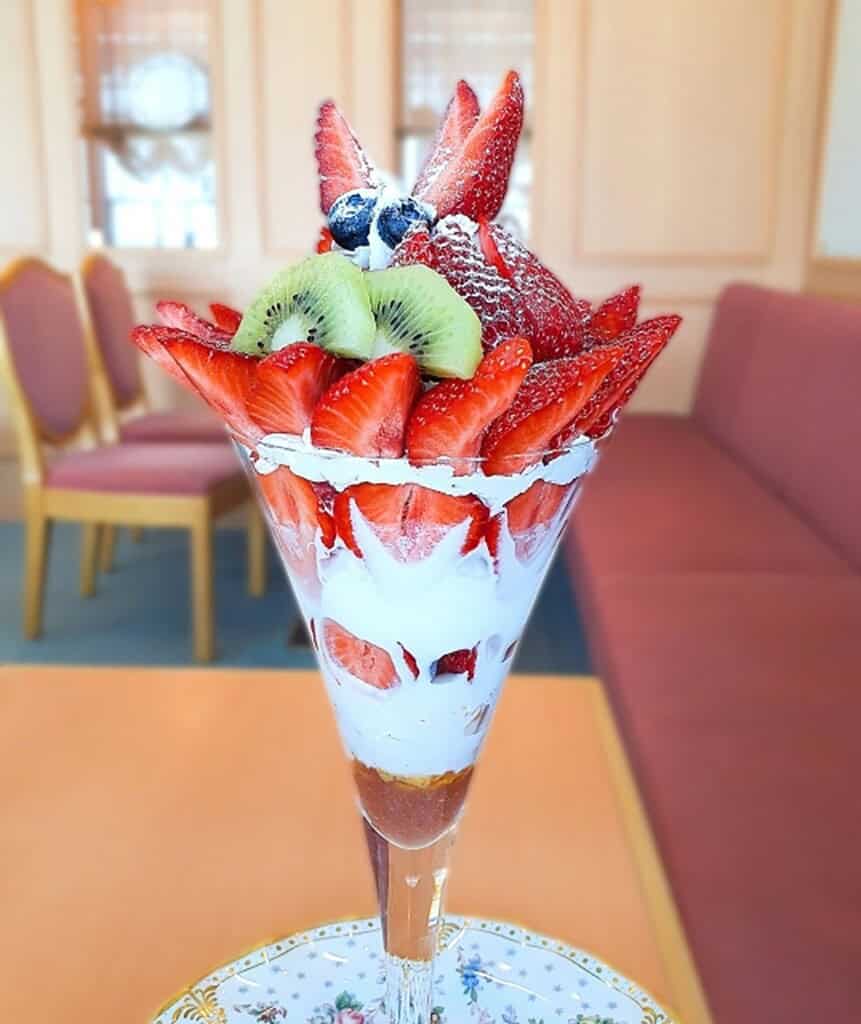
Located on the 26th floor with stunning city views, this restaurant offers a sophisticated escape. Its seasonal parfaits and afternoon teas are always popular. During the Amaou season, the chefs create stylish desserts that highlight the strawberry’s brilliant red color. The parfaits are made with layers of complementary ingredients, offering new flavors with every spoonful. It is the perfect place to enjoy seasonal tastes in a chic, modern setting.
Conclusion
The Hakata Amaou is a strawberry that comes from the pride of Fukuoka Prefecture. Its name reflects its appeal: Red, Round, Large, and Delicious. This remarkable fruit is the result of years of hard work and research. Its rich yet gentle sweetness makes it unique among strawberries. Whether you eat it by itself or include it in a fancy dessert, the experience is always enjoyable. We invite you to taste the unforgettable Amaou strawberry—the true king of fruits.
FAQ
What is Amaou?
Amaou is a premium strawberry variety from Fukuoka Prefecture, known for its large size, bright red color, and rich sweetness.
What does “Amaou” mean?
(akai = red), MA (marui = round), O (ookii = big), and U (umai = delicious).
Where is Amaou grown?
Mainly in Fukuoka, on Japan’s Kyushu Island, under carefully controlled greenhouse conditions.
When is Amaou in season?
From December to May, with the sweetest fruits usually available between January and March.
How does Amaou taste?
It has a perfect balance of sweetness and acidity, with a juicy and dense texture.
Where can I buy Amaou strawberries?
You can find them at department store food halls, supermarkets, and strawberry farms in Fukuoka and across Japan.
Can tourists try strawberry picking?
Yes! Many farms in Fukuoka offer Amaou strawberry picking experiences during the season.
Are Amaou strawberries expensive?
Yes, they are a luxury fruit in Japan and often sold in gift boxes, especially during the New Year season.
How should I eat Amaou strawberries?
They’re best eaten fresh, but also delicious with condensed milk, on cakes, or in parfaits.
Can I bring Amaou strawberries home as a souvenir?
They are delicate and perishable, so it’s best to enjoy them in Japan or buy preserved Amaou sweets instead.
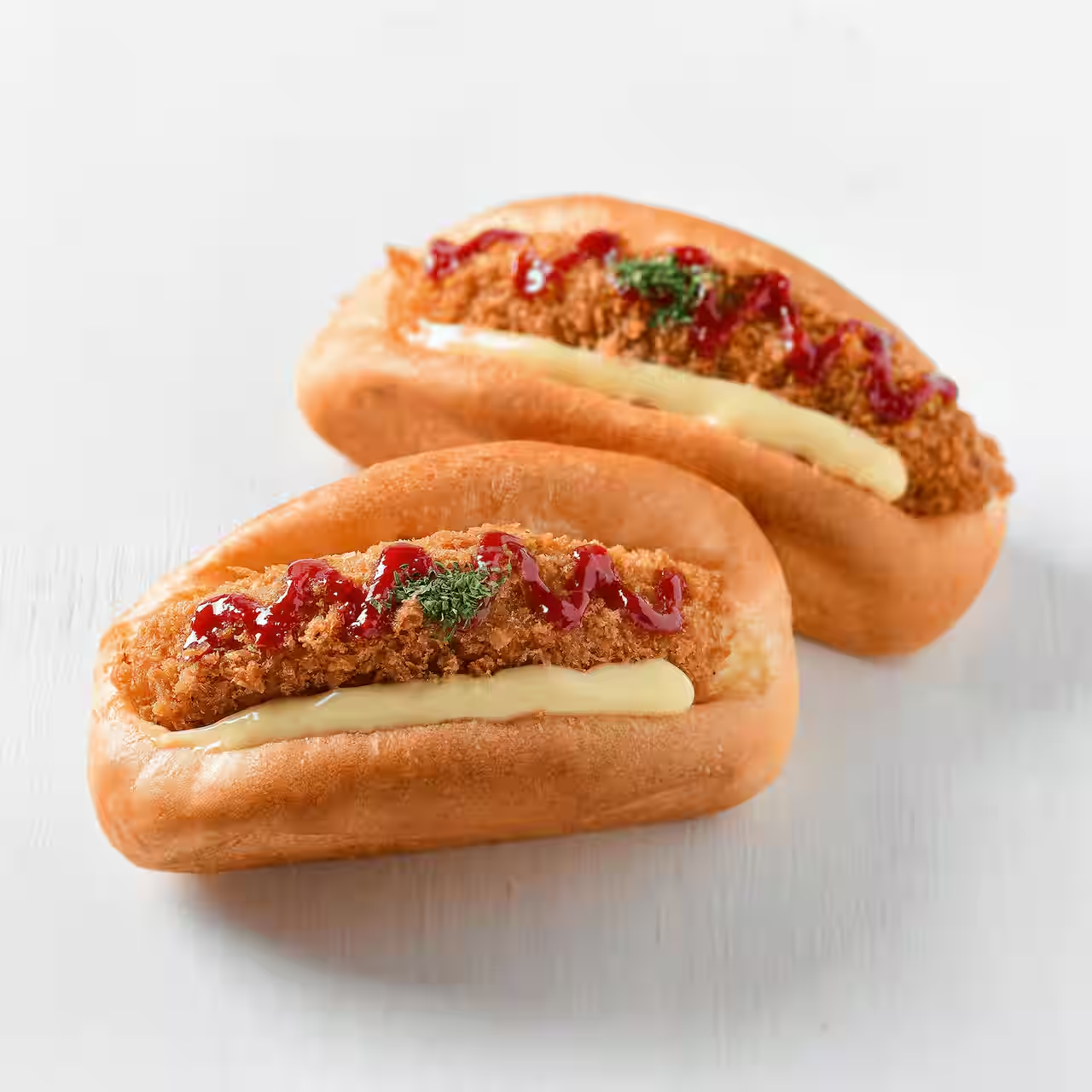
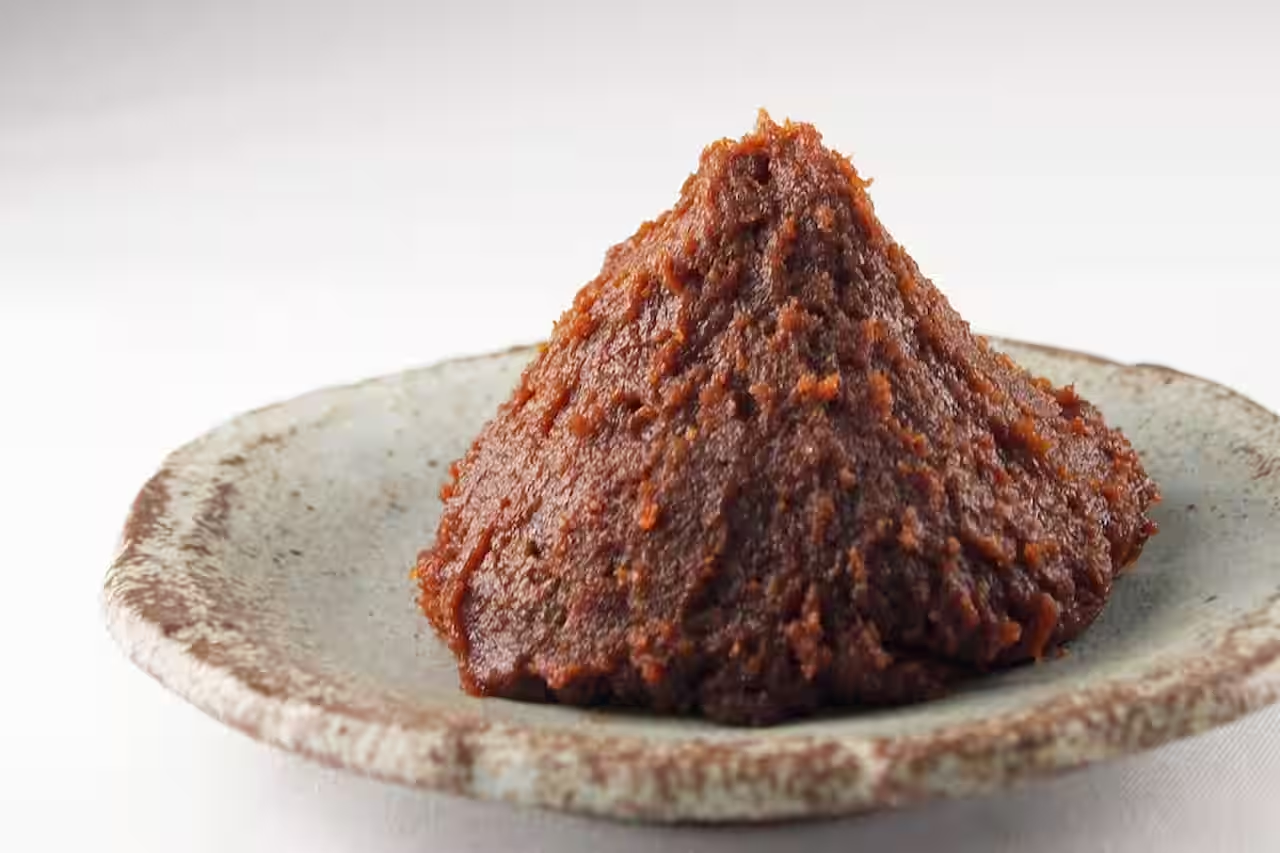
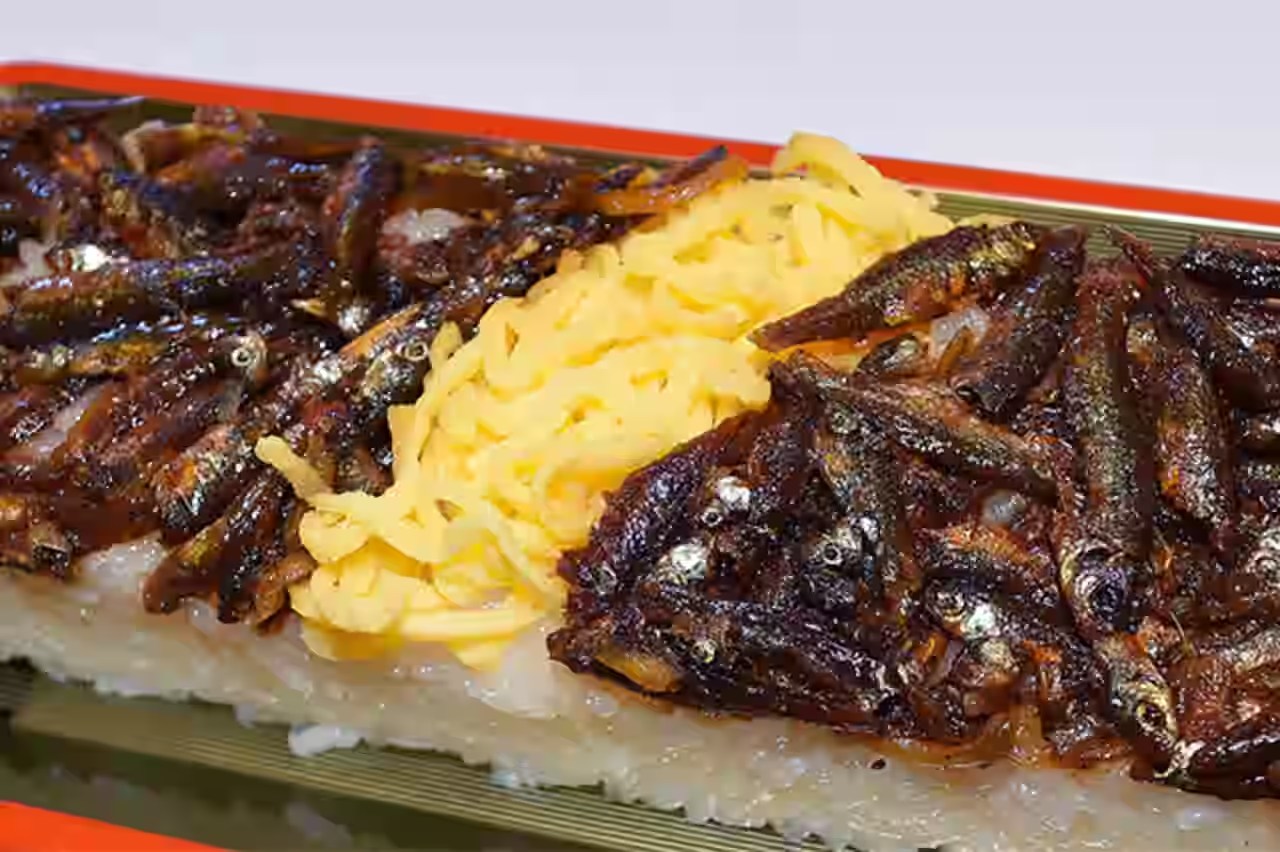

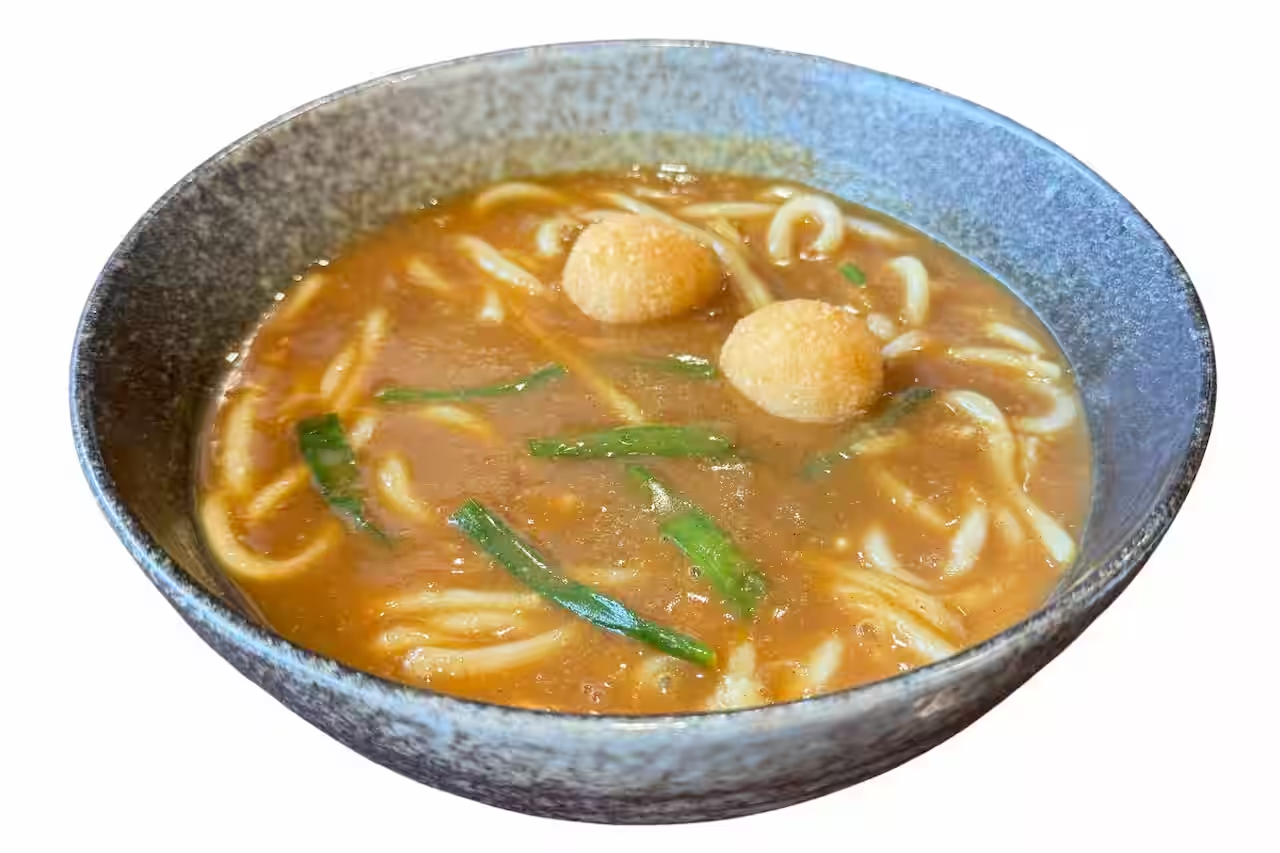

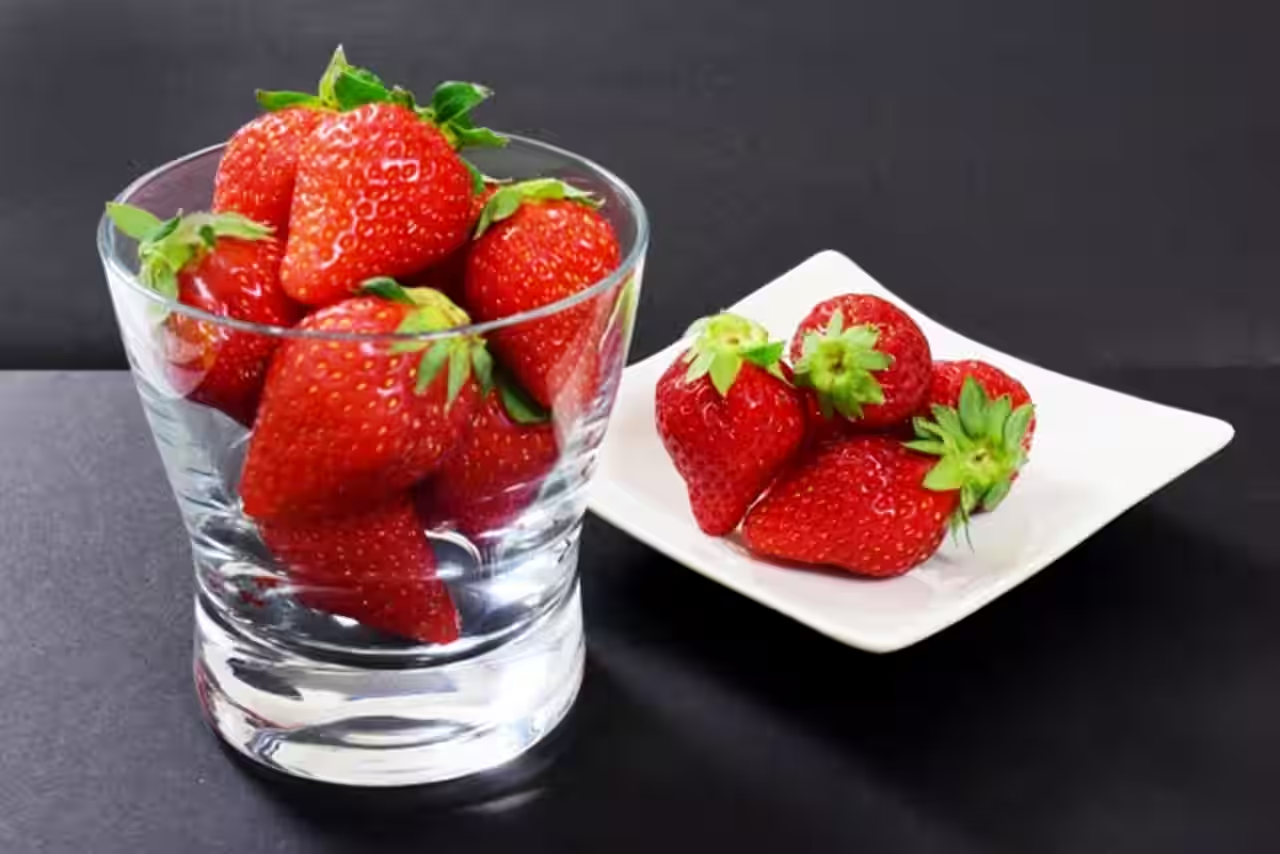
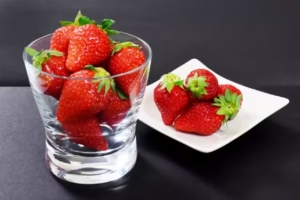
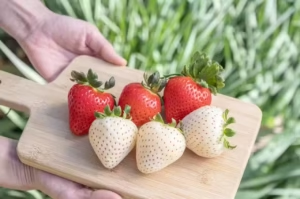

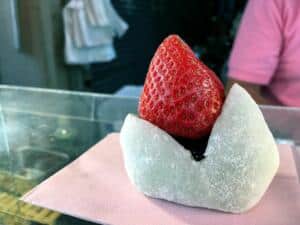
Comments